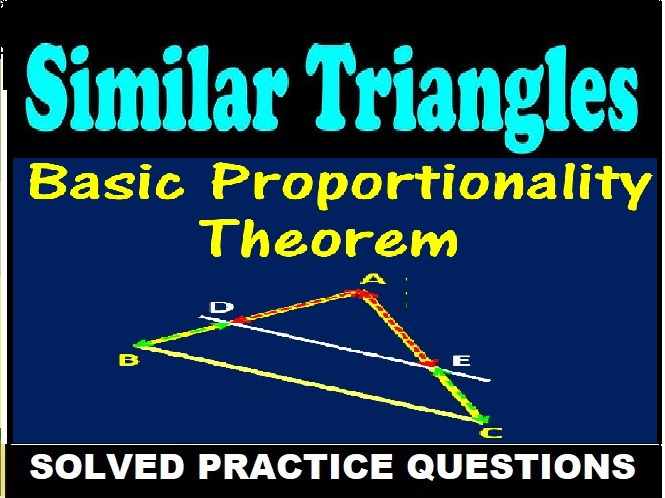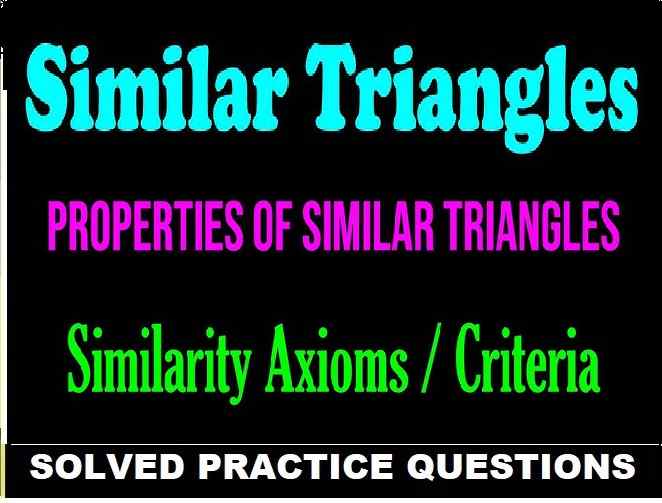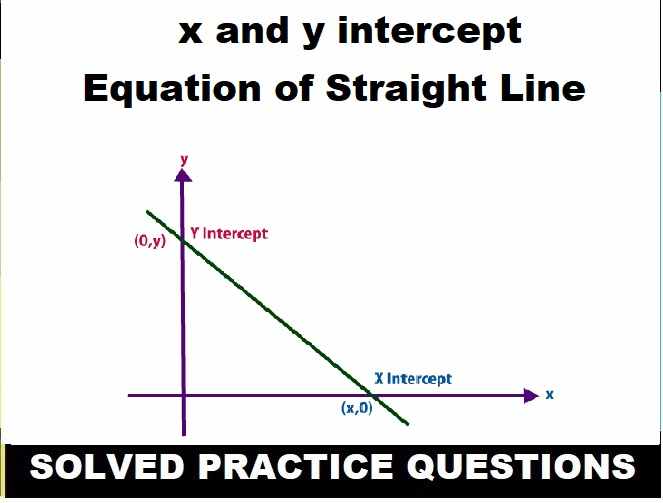Nootan Solutions Flow of Liquids ISC Class-11 Physics Nageen Prakashan Chapter-15 Numericals of latest edition. Step by step Solutions of Kumar and Mittal ISC Physics Part-2 Class-11 Nageen Prakashan Numericals Questions. Visit official Website CISCE for detail information about ISC Board Class-11 Physics.
Nootan Solutions Flow of Liquids ISC Class-11 Physics Nageen Prakashan
| Class: | 11 |
| Subject: | Physics Part-2 |
| Chapter | 15 (Flow of Liquids) |
| Board | ISC |
| Writer / Publications | Nootan / Nageen Prakashan / Kumar and Mittal |
| Topics | Solved Numericals of page 630,631 |
Nootan Solutions Flow of Liquids ISC Class-11 Physics Nageen Prakashan
Stream line flow:- Flow of a liquid fluid is said to be streamlined if the velocity of a molecule, at any point, coincides with that of the preceding one.
Tube of flow:– A bundle of streamlines having same velocity of fluid elements, over any cross-section perpendicular to the direction of flow, is called a tube of flow.
Laminar flow:– It is a special case of streamline flow in which velocities of all the molecules on one streamline is same throughout its motion.
Turbulent flow:– Whenever the velocity of a fluid is very high or it rushes past an obstacle so that there is a sudden change in its direction of motion, the motion of fluid becomes irregular, forming eddies or whirlpools. This type of motion of fluid is called turbulent flow.
Limitation of Bernoulli’s equation:-
(a) Force of viscosity, which comes into play in case of fluids in motion has not been accounted for.
(b) Loss of energy due to heat is not accounted for.
(c) When a fluid flows in a curved path, the energy due to centripetal force is also not accounted for.
Pascal’s Law
According to Pascal’s Law, the pressure applied to an enclosed liquid is transmitted undiminished to every portion of the liquid and the walls of the containing vessel.
• Hydraulic system works on Pascal’s law. Force exerted to area, ratio will be same at all cross¬sections.

Note :-
A large force is experienced in larger cross-section it a smaller force 4cross is applied in smaller by the relation section.
A column of height h of a liquid of density p exerts a pressure P given
![]()
If Pa be the atmospheric pressure then pressure in a liquid at a depth h from its free surface is given by P = Pa+ hρg. Relation is true for incompressible fluids only.
The gauge pressure (Pg), is the difference of the absolute pressure (P) and the atmospheric pressure (Pa).
Absolute pressure (P) = Gauge pressure (Pg) + Atmospheric pressure (Pa)
Pg=P-Pa
Law of Floatation :
“A body floats in a liquid if weight of the liquid displaced by the immersed portion of the body is equal to the weight of the body.”
. When a body is immersed partially or wholly in a liquid, then the various forces acting on the body are
(i) upward thrust (T) acting at the centre of buoyancy and whose magnitude is equal to the
weight of the liquid displaced and
• (ii) the weight of the body (W) which acts vertically downward through its centre of gravity.
(a) When W > T, the body will sink in the liquid;
(b) When W = T, then the body will remain in equilibrium inside the liquid;
(c) When W < T, then the body will come upto the surface of the liquid in such a way that the weight of the liquid displaced due to its immersed portion equals the weight of the body. Thus the body will float with only a part of it immersed inside the liquid.
Chapter-15 Flow of Liquids
Nootan Solutions Flow of Liquids ISC Class-11 Physics Nageen Prakashan Nootan Solutions
Page No 630,631
CONTACT FOR LIVE CLASSES- 9335725646
-: End of Flow of Liquids Nootan Solutions :-
Return to – Nootan Solutions for ISC Physics Class-11 Nageen Prakashan



Answer number 7 is wrong
How can i upload the correct answer on this site to help other students
Please tell me
Thanks for the correct ones
Thanks you very much for your helping nature thinking
please call on 8948221203
The new publication of book has different questions ,
I need answers of them .